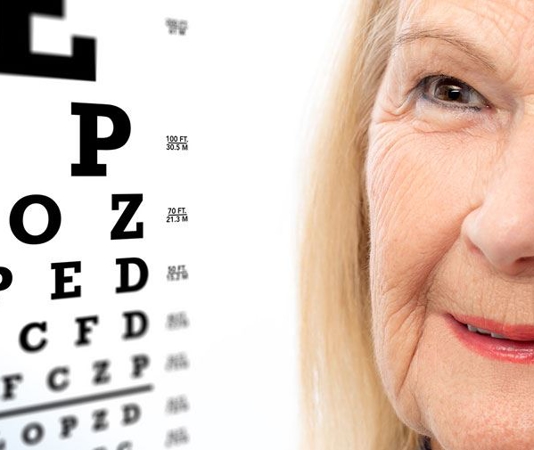March is National Developmental Disabilities Month. This month provides the perfect opportunity to celebrate the uniqueness of every person and to bring awareness to disabilities in a special way. It is also an excellent time to volunteer for an organization who helps individuals living with a disability.
There is a broad spectrum of developmental disabilities and different levels of how much a person can be affected by them. Whether you are caring for a loved one with autism, down syndrome, or another disability, a professional caregiver can help with them all.
One of the most impactful ways a caregiver can support someone living with a developmental disability is by empowering them. Our caregivers follow a person-centered direct approach to care which means that they focus on the person, not their disability. We help our clients believe in themselves by focusing on their capabilities rather than what they can’t do. This can alleviate feelings of helplessness for the person who needs a little help. Caregivers can help boost confidence for someone living with a disability and help them safely overcome challenges associated with daily tasks.
Additionally, caregivers can help clients maintain a healthy diet and lifestyle. It can be difficult for some individuals with disabilities to prepare healthy meals for themselves or participate in exercise. A caregiver can bridge the gap and assist individuals living with a disability in coming up with a meal plan that is perfect for their needs. They can help make sure their client is eating plenty of fruits and vegetables, drinking ample water, and limiting sugary foods. A caregiver can also help the person in their care engage in appropriate physical activity, such as going on walks or taking swimming classes.
If you are the primary caregiver for your loved one and you need a break, a professional caregiver is also able to provide respite care, so you can take a break for a few days or even just a few hours. Not only can respite care help prevent burnout for parents or siblings caring for loved ones, but it can also benefit the person receiving care, by providing them with new experiences.
At Homewatch CareGivers, we provide professionally developed online training for caregivers assisting someone with developmental disabilities. Courses include but are not limited to the following:
- An Overview of Different Types of Disabilities
- Autism Spectrum Disorder Across the Lifespan
- Supporting Individuals with Disabilities During Emergencies
- Intellectual Disability Overview
- Healthcare Needs in IDD (Intellectual Developmental Disability)
Our National Brand Standards require caregivers to undergo a national background and DMV check, receive 12 hours of annual training, and receive regular reviews by their supervisor, to ensure that high-quality care is provided in a safe and nurturing setting.
We are thrilled to celebrate individuals living with developmental disabilities and the beauty they bring to the world, during this month, and every month. For more information on how our caregivers can assist your loved one living with disabilities, reach out to a Homewatch CareGivers location near you and we will assist you!


.2303200932379.jpg)


